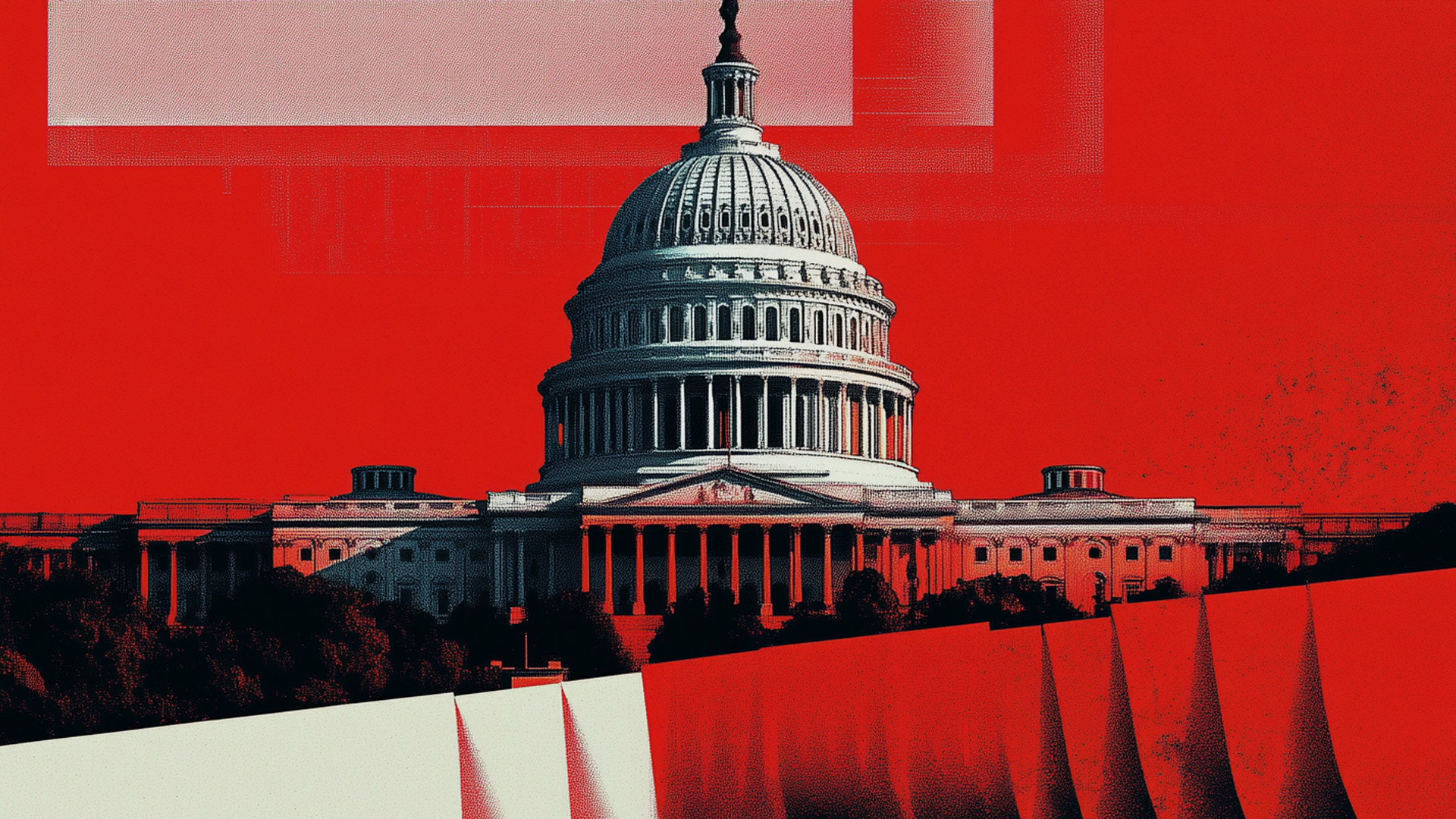FCC looks to ‘delete, delete, delete,’ asking public which rules to scrap

Subscribe to NCS for the latest news, project case studies and product announcements in broadcast technology, creative design and engineering delivered to your inbox.
The Federal Communications Commission has launched what might be the regulatory equivalent of spring cleaning, a potentially far-reaching regulatory purge that could fundamentally reshape the agency’s oversight role.
In a move that telegraphs its intent with remarkable clarity, the agency opened a new docket titled “In re: Delete, Delete, Delete,” soliciting public comment on “every rule, regulation, or guidance document that the FCC should eliminate.”
“The FCC has just launched a sweeping deregulation initiative titled ‘In re: Delete, Delete, Delete,'” Chairman Brendan Carr wrote on the social media platform X. “Thanks to President Trump’s leadership, the FCC will help unleash prosperity through deregulation.”
The initiative, announced Wednesday, explicitly aligns with President Donald Trump’s deregulatory agenda, specifically referencing Executive Order 14192, “Unleashing Prosperity Through Deregulation,” and Executive Order 14219 on implementing the “Department Of Government Efficiency” initiative.
“Under President Trump’s leadership, the Administration is unleashing a new wave of economic opportunity by ending the regulatory onslaught from Washington,” Carr stated. “For too long, administrative agencies have added new regulatory requirements in excess of their authority or kept lawful regulations in place long after their shelf life had expired.”
Industry observers note that broadcast ownership caps could be among the rules on the chopping block. However, the FCC’s announcement didn’t directly address whether such regulations could be eliminated without Congressional action.
The National Association of Broadcasters (NAB) has previously urged the agency to remove the ownership cap that currently prevents local TV stations from expanding beyond 39% of the American viewing audience.
In its public notice, the FCC outlined several factors it will consider when evaluating which rules to eliminate:
- Cost-benefit considerations, targeting rules where “costs exceed the benefits”
- Implementation experience suggesting a rule is “unnecessary or inappropriate”
- Marketplace and technological changes that have rendered regulations obsolete
- Regulations creating barriers to entry, especially those that “impose costs unequally on large and small businesses”
- Changes in broader regulatory context, including industry self-regulation efforts
- Updates to the governing legal framework, including the Supreme Court’s Loper Bright decision that overruled the Chevron framework
The initiative represents one of the most sweeping deregulatory efforts at the FCC in recent memory, essentially putting every rule under the agency’s purview up for potential elimination.
Public comments can be submitted electronically through Docket Entry number 25-133, with initial comments due by April 11 and reply comments due by April 28.
Broadcast industry poised for potential windfall
The initiative comes at a particularly opportune time for the broadcast industry, which has been vocal about what it sees as outdated restrictions hampering its ability to compete with less regulated digital platforms.
Curtis LeGeyt, CEO of the National Association of Broadcasters, said in February that the FCC should prioritize removing the ownership cap that prevents local TV stations from expanding their reach beyond 39% of American viewers.
“Local broadcasting is a highly regulated business in a rapidly evolving sector of the economy,” LeGeyt said. “Rapid evolution and government regulation are words that historically do not go together. As broadcasters, we have lived through that disconnect.”
The NAB has also recently petitioned the FCC to accelerate the transition from the current ATSC 1.0 broadcast standard to ATSC 3.0, known as NextGen TV, which would allow broadcasters to implement hybrid over-the-air and internet-driven technology for enhanced video and data services.
Not everyone views the deregulatory push with enthusiasm. Consumer advocacy groups have historically warned that removing ownership caps could lead to further consolidation in media markets, potentially reducing local news coverage and diverse voices.
The initiative follows decades of tension between the FCC’s dual mandates: promoting competition while ensuring public interest obligations are met. The Telecommunications Act of 1996 marked the last major overhaul of communications law, and many industry players argue the regulatory framework hasn’t kept pace with technological change.
For telecommunications companies and broadcasters who have long complained about regulatory constraints, the FCC’s message seems clear: your delete wishes may soon be granted.
Subscribe to NCS for the latest news, project case studies and product announcements in broadcast technology, creative design and engineering delivered to your inbox.







tags
Brendan Carr, Deregulation, FCC
categories
Broadcast Business News, Broadcast Industry News, Heroes, Policy